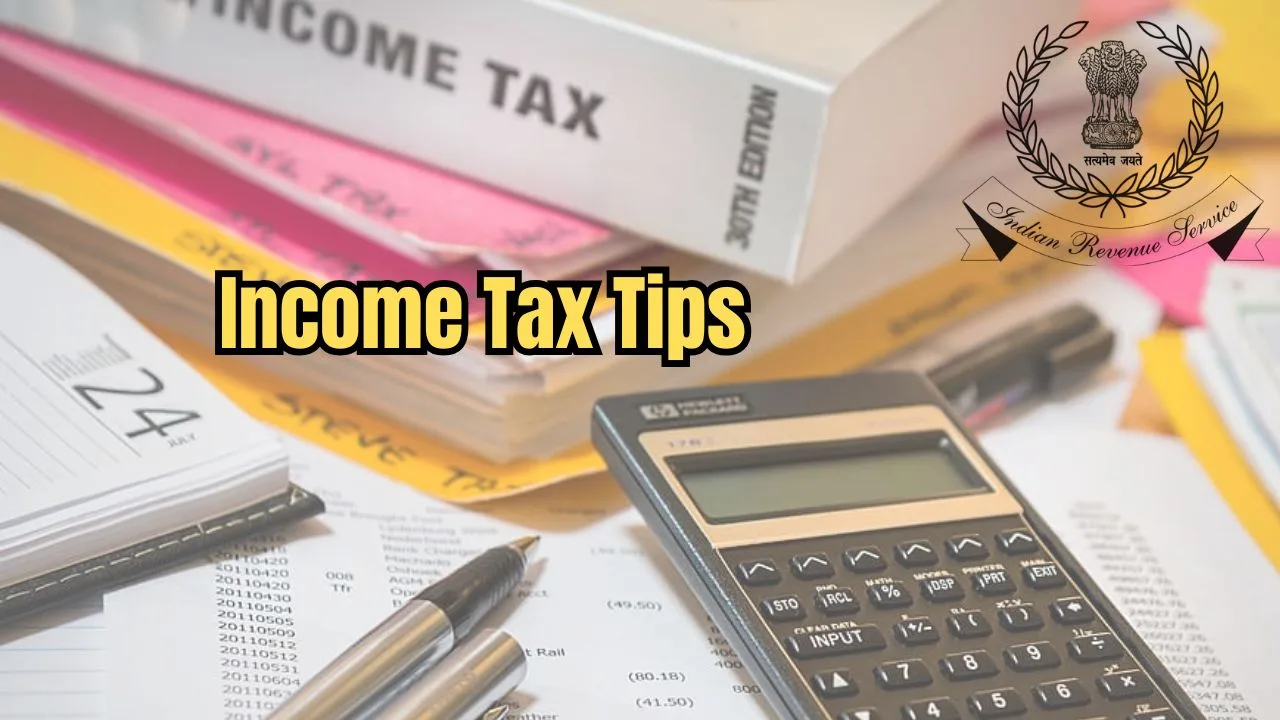If you have just started a job or your income has just begun, it’s important to understand that at some point your employer (company) may ask for an investment declaration form, i.e., documents related to your tax savings. In such a case, you should start preparing for your tax savings now and take the right steps. While experienced employees can take immediate action, young employees starting their careers may need a little more guidance. In this article, we discuss smart investment instruments that save tax, which can help you get started.
You Can Consider Investing in ELSS
ELSS (Equity-Linked Savings Schemes) are equity mutual funds with diversified portfolios that provide an opportunity to invest in the equity market while offering high returns. According to HDFC Life, ELSS also allows you to claim tax deductions under Section 80C of the Income Tax Act. The maximum tax deduction that can be claimed is Rs 1.50 lakh in a financial year.
Buy Health Insurance
In today’s world, healthcare costs are rising, and medical treatment can be very expensive. Considering the increasing cost of healthcare, it’s advisable to invest in a good health insurance policy that offers adequate coverage. A health insurance policy can cover the financial risk associated with medical emergencies or hospitalization expenses. You can claim a tax exemption under Section 80D of the Income Tax Act for the premium paid on health insurance.
- For insurance premiums paid for yourself, dependent children, and spouse, you can claim a deduction of up to Rs 25,000.
- An additional Rs 25,000 can be claimed for parents.
- If your parents are senior citizens, the total limit can be increased to Rs 1,00,000.
Make an Investment Plan Even If You Are Not in the Tax Slab
Even if your income is below the tax slab, it’s a good idea to create a financial plan. TDS (Tax Deducted at Source) may be deducted from your income, but if your income is within the limit, you are entitled to a refund. To claim this refund, you must file your Income Tax Return (ITR).
Additionally, you should start investing according to your financial goals. Always set a clear objective when you begin an investment and choose the right amount, duration, and type of investment. The earlier you start, the greater the growth potential. Make sure to file your tax returns before the deadline, usually July 31 each year, to avoid penalties.
Seek Professional Help if Needed
Understanding investments, taxes, and insurance can be tricky, so it’s helpful to have a basic knowledge of the relevant terms and concepts. However, if you’re unsure, it’s advisable to consult a tax advisor, investment advisor, or financial planner to help create a financial plan and file taxes properly.
Minimum Income on Which Income Tax is Not Levied
If your annual income is below Rs 2.5 lakh under the old tax regime or Rs 3 lakh under the new tax regime, you are exempt from paying income tax. If your income exceeds these limits, you can make investments eligible for deductions under Section 80C.
